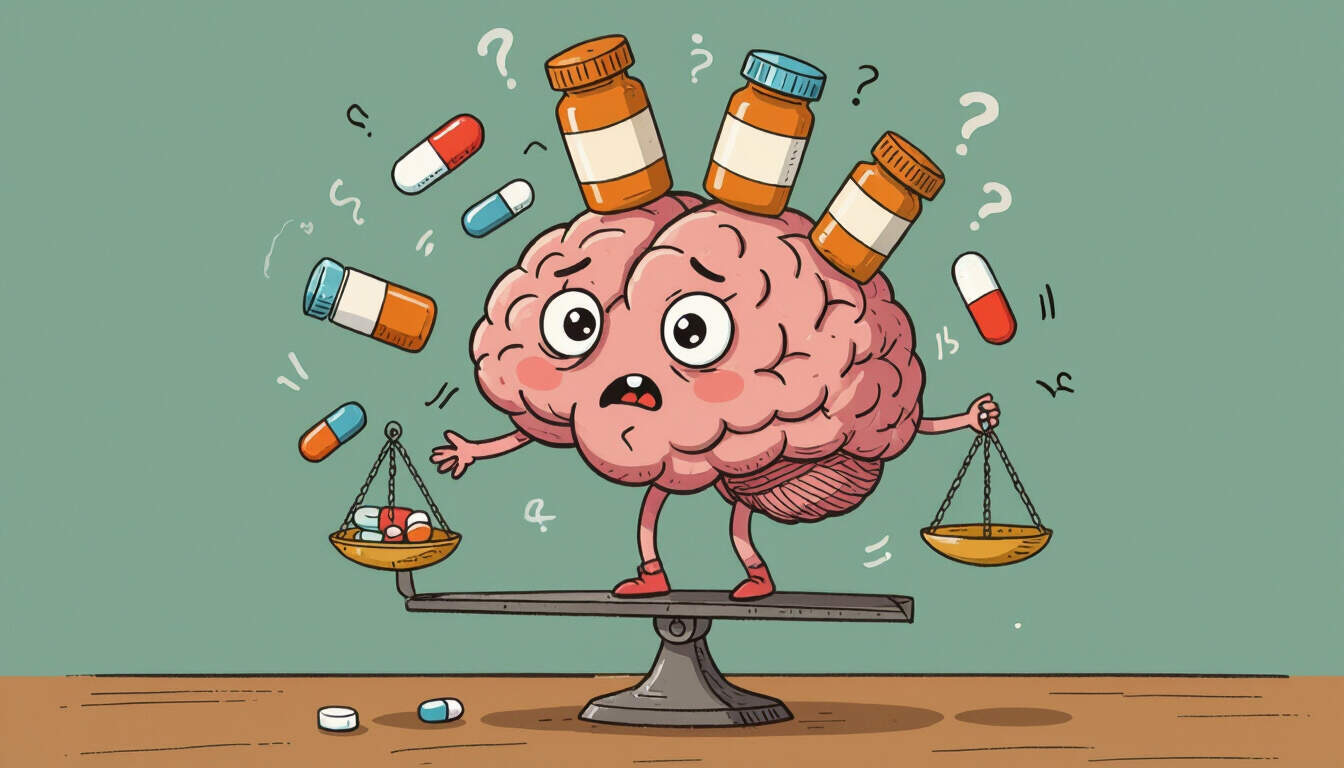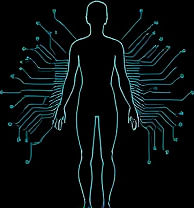The Legal Status of Nootropics and Its Impact on Cognitive Enhancement
 by Shanie Goodwin
by Shanie Goodwin
Nootropics offer potential for better focus and memory, but their legal standing differs across regions. This article examines key regulations, helping enthusiasts make informed choices for personal health optimization through biohacking practices.

Nootropics have gained attention for their role in cognitive enhancement. These substances, often used in biohacking, aim to improve mental performance. nootropics include items like caffeine and more specialized compounds that support brain function.
In many places, the legal status of these supplements is straightforward. For instance, in the United States, most nootropics fall under dietary supplements. This means they face oversight from the FDA, which ensures safety but does not require the same rigorous testing as pharmaceuticals. Users must check labels to avoid issues with restricted ingredients.
Moving to Europe, regulations vary by country. In the UK, biohacking favorites like modafinil require a prescription, making them controlled substances. Meanwhile, natural options such as omega-3 supplements enjoy more freedom. This patchwork of rules highlights the need for awareness among those pursuing personal enhancement.
Asia presents another layer of complexity. In countries like Japan, certain cognitive enhancers are available over the counter, while others face strict bans. For example, substances linked to high performance in wearable technology contexts might need approval. Enthusiasts should research local laws to integrate these tools safely.
The implications for health optimization are significant. Without clear guidelines, individuals risk using products that could lead to health concerns. Choosing wearable technology that tracks cognitive effects alongside nootropics can offer data-driven insights. This combination allows for better monitoring and adjustments in daily routines.
Key Considerations for Users
When exploring nootropics, several factors come into play:
- Source and Purity: Opt for products from reputable brands to ensure quality.
- Dosage Guidelines: Follow recommended amounts to maintain safety.
- Personal Health: Consult professionals if you have underlying conditions.
In Canada, Health Canada regulates nootropics as natural health products. This requires labeling and evidence of safety, which supports ethical use in biohacking circles. Similar approaches in Australia emphasize therapeutic goods administration, where only approved items can be sold.
For those interested in personal enhancement, staying updated on changes is essential. Community forums and scientific journals provide valuable information. cognitive enhancement through nootropics works best when paired with lifestyle changes, like exercise and nutrition.
Globally, the trend toward legalization of certain substances reflects growing interest in wellness. In Brazil, for example, some nootropics are classified as medicines, requiring medical oversight. This global variation underscores the importance of context in biohacking strategies.
Benefits and Risks
Using nootropics responsibly can lead to improved focus and energy. However, risks include side effects if not managed properly. Wearable devices that measure brain activity can help mitigate these by providing real-time feedback.
Ultimately, the focus remains on sustainable practices. By understanding legal boundaries, individuals can pursue cognitive gains without complications. This approach aligns with broader goals of self-improvement through science-backed methods.
In summary, navigating the legal aspects of nootropics involves awareness and caution. Those dedicated to health optimization will find that informed choices enhance their biohacking efforts, leading to meaningful progress in personal development.
